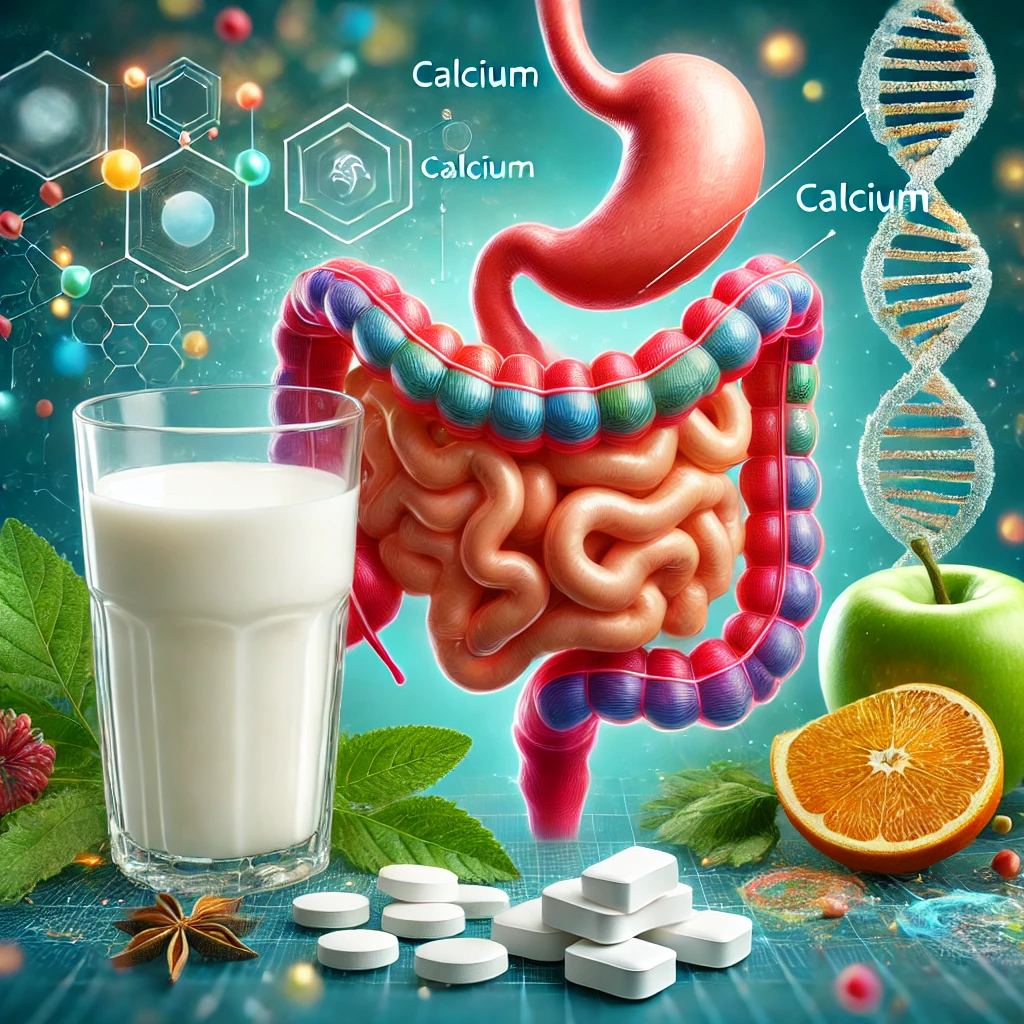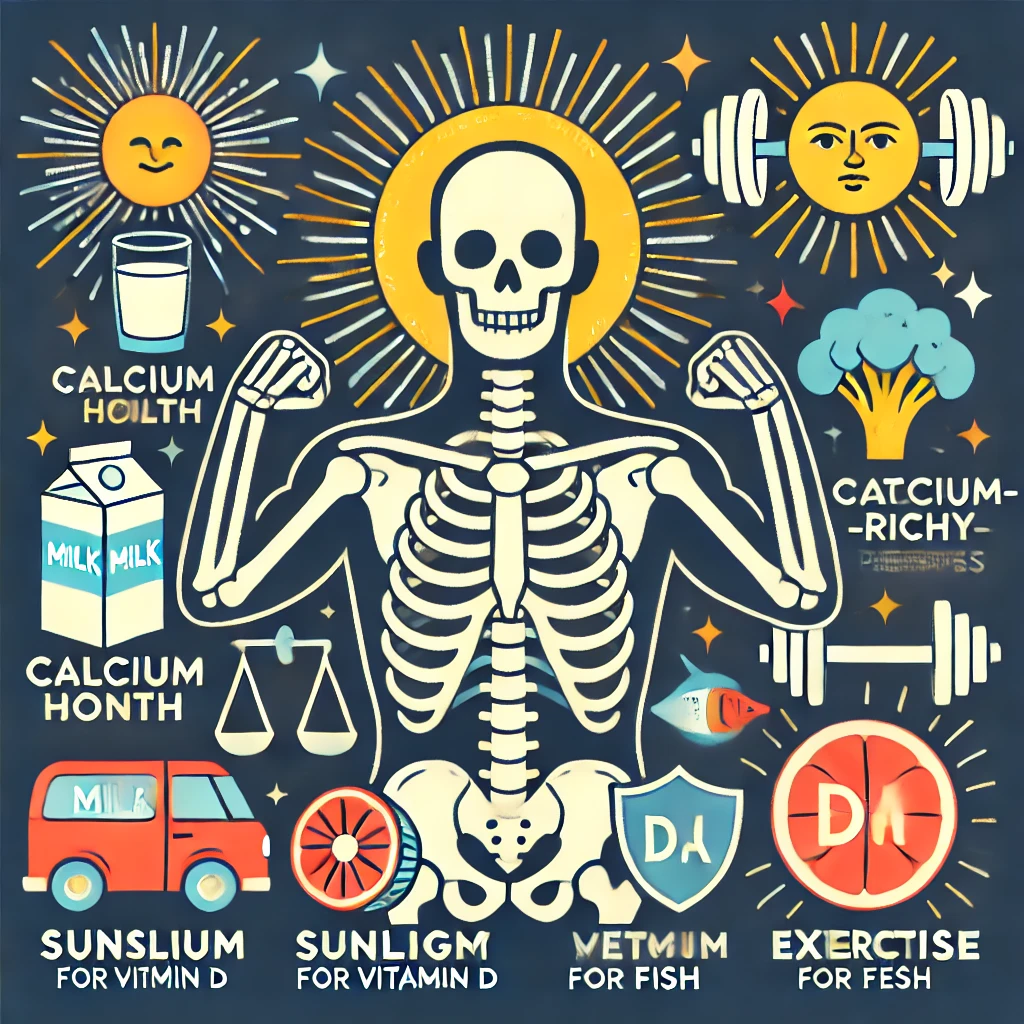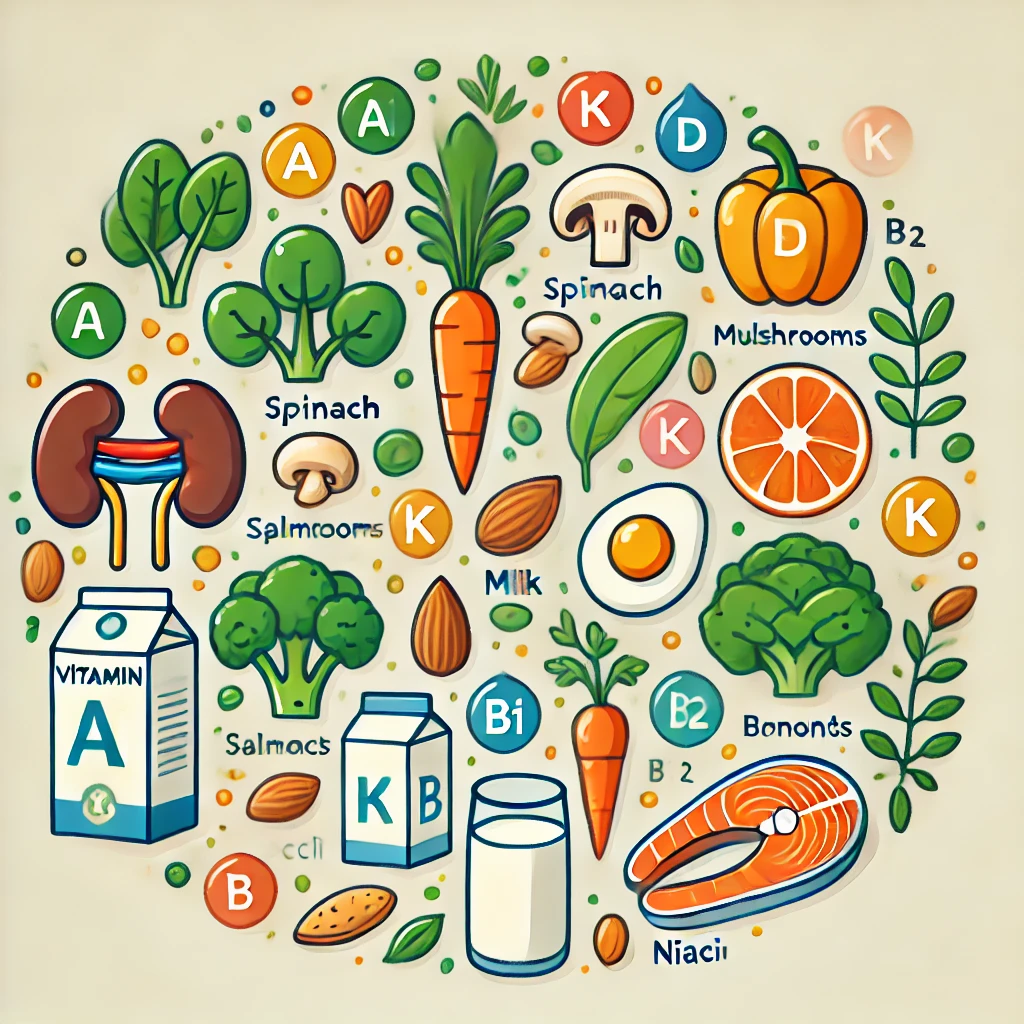Should You Really Take All Those Supplements?
✅ Why Should People with Kidney Disease Be Careful with Supplements? Your kidneys act as the body’s natural filter, clearing waste and balancing minerals and medications. In chronic kidney disease (CKD), that function declines—so even… Should You Really Take All Those Supplements?





